30x
GREATER
transaction processing costs associated with paper checks are greater than electronic payments
- National Automated Clearing House Association (NACHA)
63%
of businesses cite operational costs related to making & reconciling payments as a significant pain point
- The Institute of Finance and Management (IOFM)
80%
of suppliers are willing to exchange discounts for early payment
- The Institute of Finance and Management (IOFM)
2-6%
average discount that suppliers offer for early payment in different industries
- The Institute of Finance and Management (IOFM)







